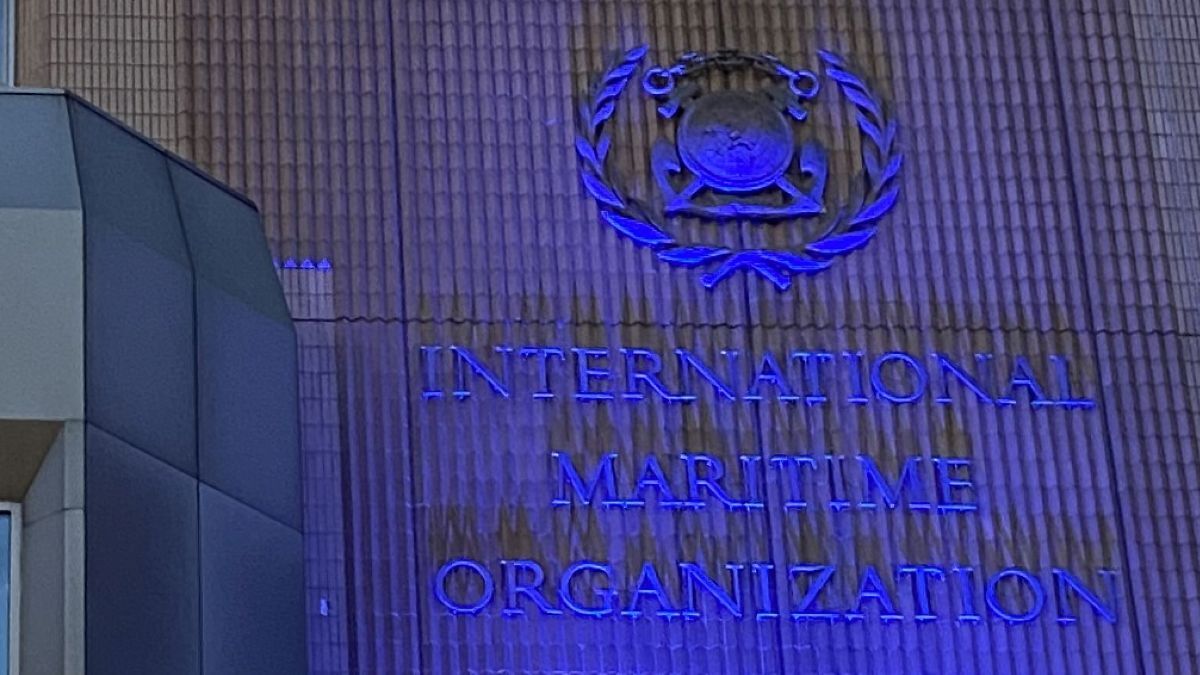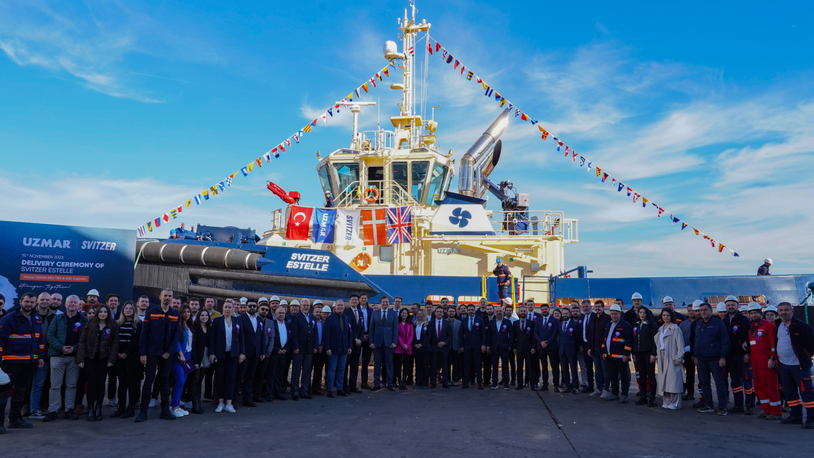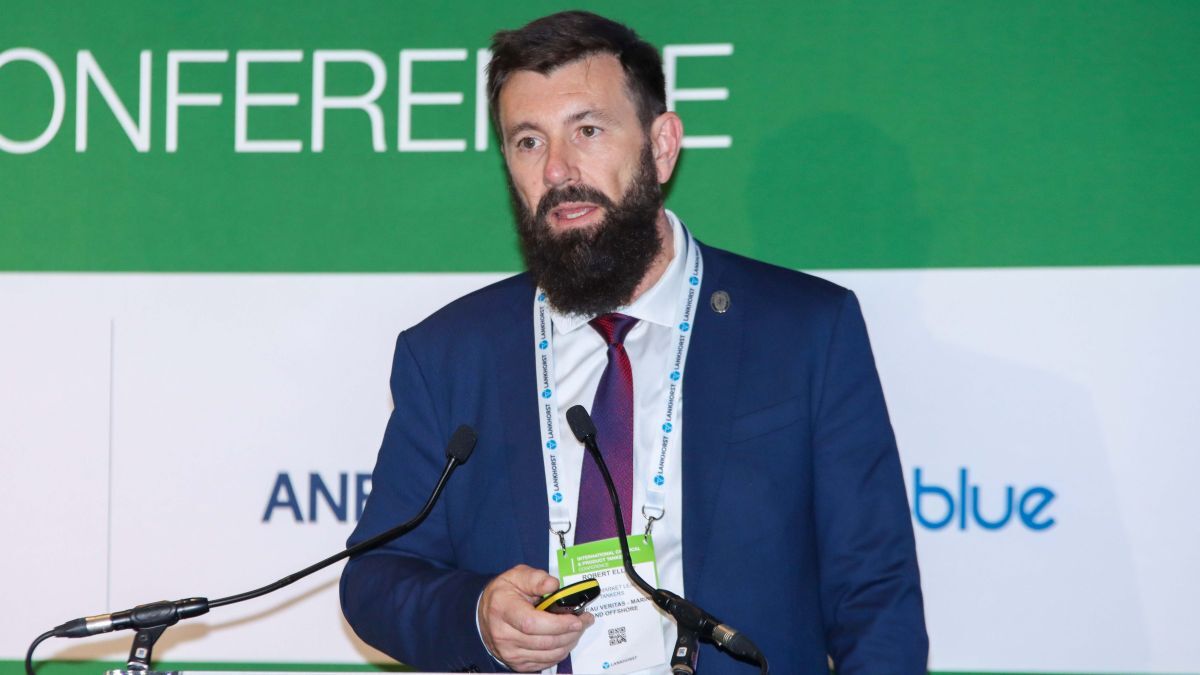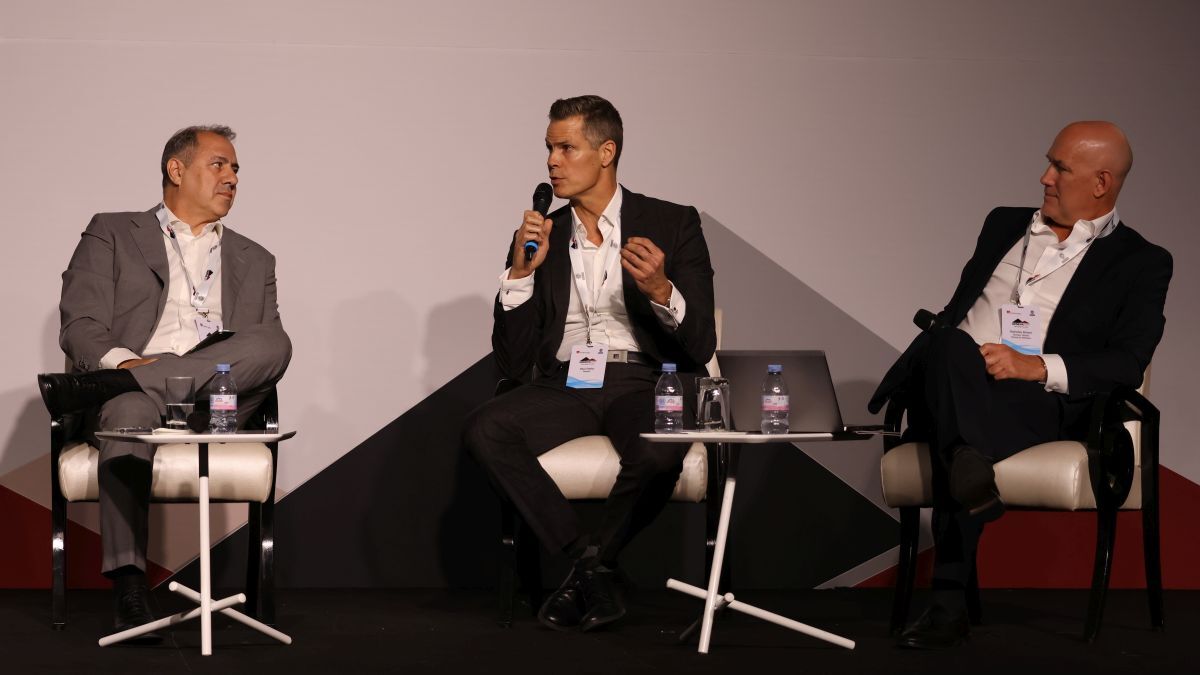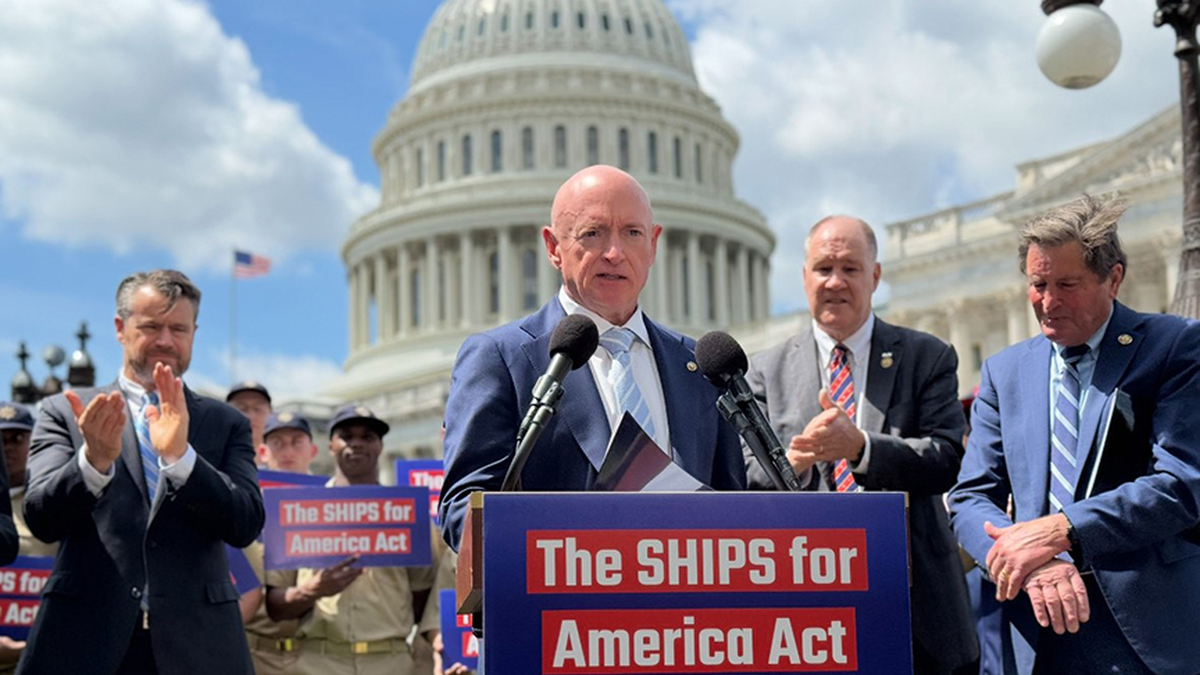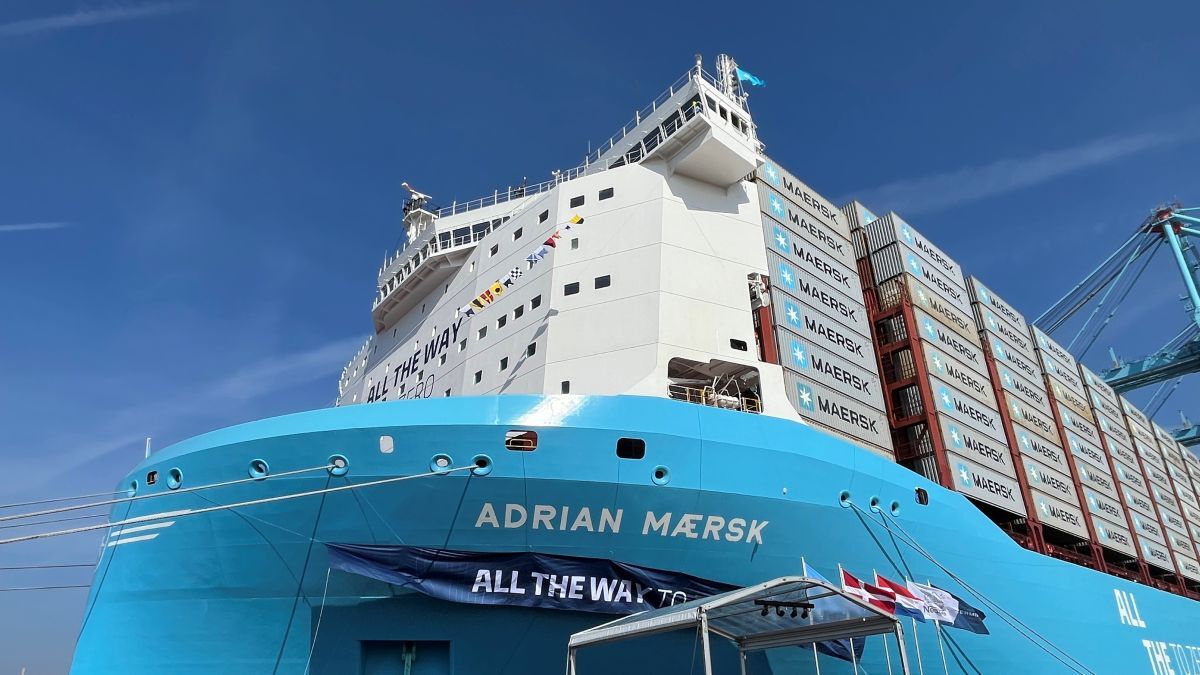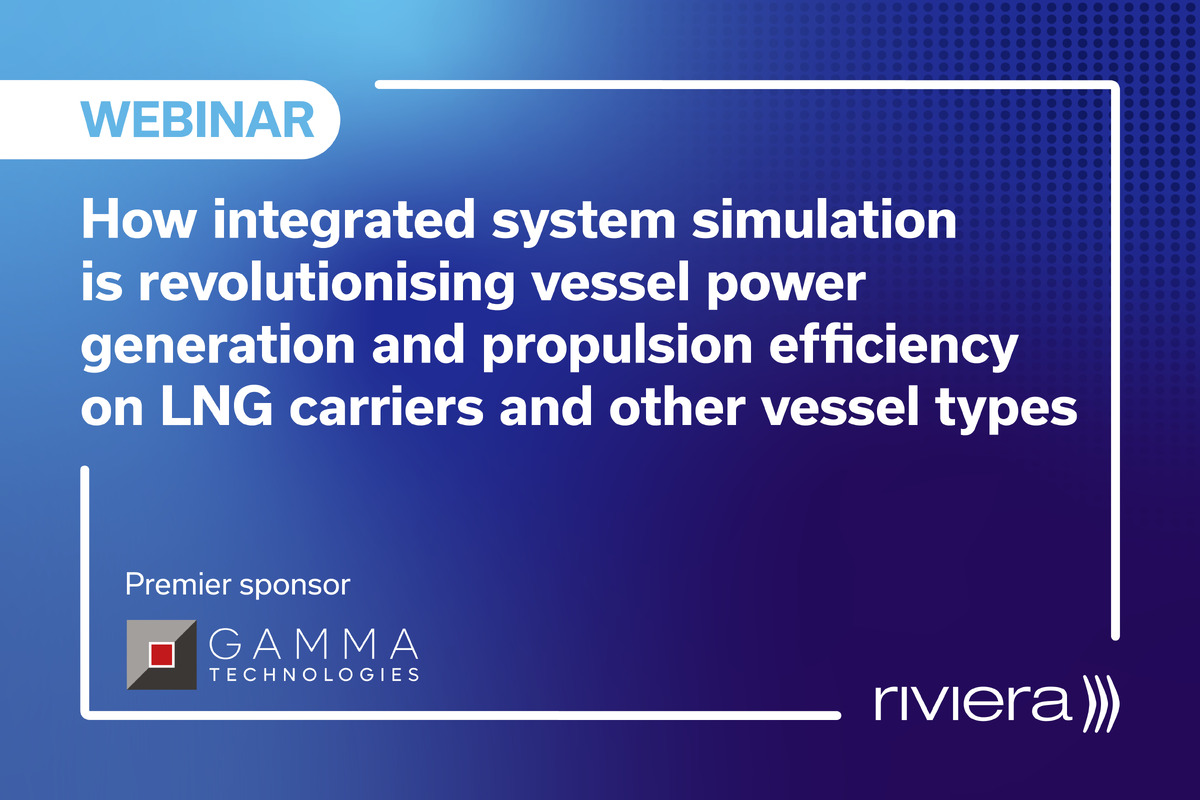Business Sectors
Events
Contents
Ecochlor supports shipowner commission tests
Ecochlor stands by the shipowner in support of their requirements for biological efficacy tests during commissioning of the ballast water management system following installation. Ecochlor’s chief executive officer, Steve Candito explains why
The reason for our support is clear: It is just as important to us, the manufacturer, as it is to an owner, to be confident the ballast water management system (BWMS) is working effectively prior to the ship leaving the shipyard.
Having a robust treatment technology or reliable BWMS does not always ensure a successful test result. SGS Marine Service (SGS) recently released a white paper with results from 95 BWMS indicative and detailed biological efficacy commission tests; approximately 21% failed to meet the D-2 performance standards! This result is very concerning, but in reality, there are a few simple things the shipowner can do that can significantly reduce the risk of a failed commission test.
Observations shared by SGS showed contamination coming from ballast tanks that had not been cleaned as part of the installation of the BWMS were leading to high failure rates during testing. While owners are actively encouraged to clean their tanks before the commission tests it is not a requirement and frequently not prioritised because it can be laborious and expensive.
Properly scheduling commission tests is extremely important and if not handled correctly can add time in the shipyard. To account for the additional time needed for the commission tests without extending the shipyard period, owners should consider the way projects are scheduled. Often, hands-on crew training and BWMS manufacturer functional tests are the last items to complete prior to the ship leaving the yard. As a result, these elements are very rushed. Adding biological efficacy commission tests to an already congested timetable will only complicate the process. I would encourage owners to plan to complete the BWMS installation before the final phase of the shipyard period so the BWMS biological efficacy commission tests can be conducted during the closing days.
The biological efficacy testing requires an approved test organisation to come on board to take samples during both ballasting and de-ballasting phases, while allowing for any hold time required by the system certification. The sample analysis is typically performed on the vessel – although some bacteriological analysis might be required to be done at a laboratory. Overall, this process can add as much as four or five days to the yard programme after the manufacturer turns the system over to the crew.
To minimise the potential impact to the timeline and additional shipyard costs, owners should co-ordinate the BWMS installation completion with the arrival of the biological efficacy test team. Once the functional commission tests and crew training are finished, the system is turned over to the crew to run a full ballast operation so the third-party test organisation can conduct the biological efficacy commission test. At that point the manufacturer is not permitted to operate the system but can be present during the ballasting operations. I recommend the manufacturer’s installation engineer remain on site during the biological efficacy test to address any issues. The newly trained crew and certainly the biological efficacy test team may not understand the BWMS operation the way our team does. With biological efficacy tests costing US$8,000–$10,000, it is likely to be both more time and cost effective to have the BWMS manufacturer available as an additional level of support.
A related matter that owners need to account for is the flag administration’s commission test requirements. The IMO guidance for the commissioning testing of ballast water management systems (BWM.2/Circ.70) was approved in October 2018 with flag administrations encouraged to implement it as soon as possible. Most administrations have not yet adopted testing into their certification process, but it is very likely more and more IMO member states will require commission tests prior to the October 2021 anticipated mandatory enforcement date. As of this writing, Singapore, Cyprus, Greece and Australia require commission tests. Panama recently reversed its guidelines to voluntary.
Because there are so many differences between regulating organisations’ rules, I recommend owners meet with the vessel’s flag early in the installation planning schedule and request their latest guidance regarding commission tests for BWMS certification. To date, I am not aware of any class societies that have their own requirements for commission tests – they are simply implementing the flag’s requirements.
With IMO commission tests as with all other compliance guidelines, Ecochlor provides the shipowner the technical support and expert advice needed for a successful BWMS installation. We want to assist the process as much as possible but, ultimately, the regulations require that the test responsibility falls to the shipowners. A biological efficacy test is a small but important step within the scope of a BWMS installation but it is critical to providing clear and concise evidence that the BWMS has been properly installed and thus can meet the compliance requirements at any port worldwide.
Riviera is hosting an ongoing series of free to attend 45-minute webinars on subjects ranging from hybrid, electric and fuel cell propulsion, gas carrier tankers and terminals, marine fuels and coatings among many others. Find a list of the webinars and register your interest now
Related to this Story
Events
Maritime Environmental Protection Webinar Week
The illusion of safety: what we're getting wrong about crews, tech, and fatigue
Responsible Ship Recycling Forum 2025
© 2024 Riviera Maritime Media Ltd.



